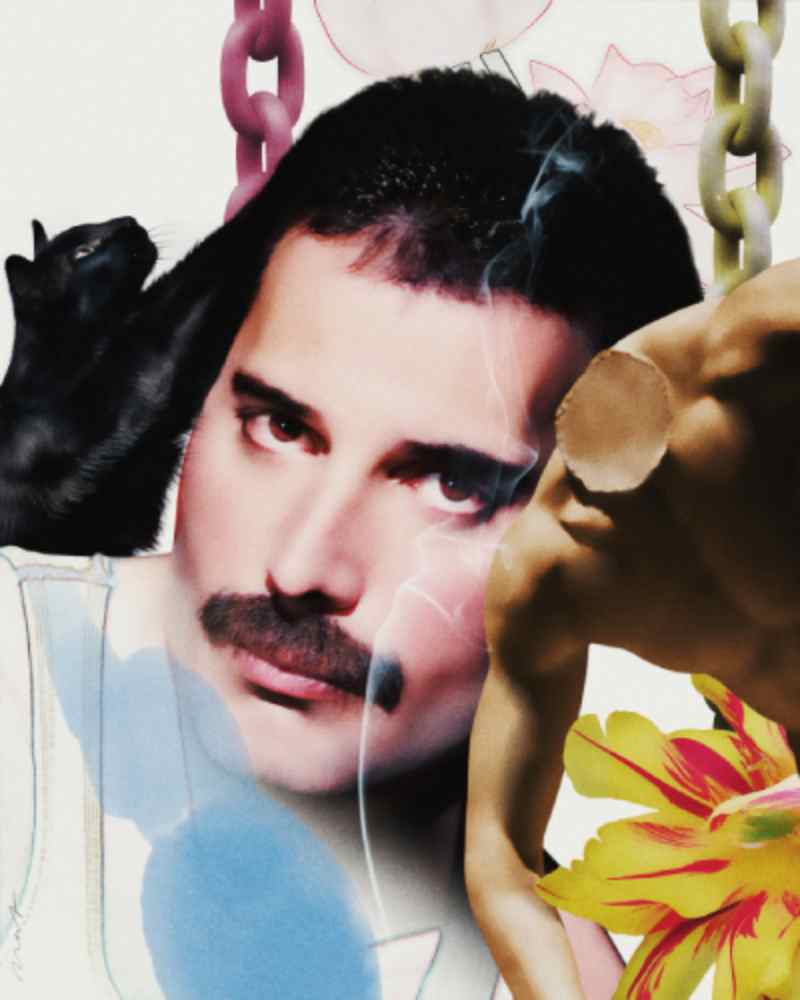
Crooner Freddie Mercury died of HIV-Aids complications. [Archive, Reuters]
“A plague isn’t a thing made to man’s measure; therefore, we tell ourselves that pestilence is a mere bogey of the mind, a bad dream that will disappear. But it doesn’t pass way, and from one bad dream to another, it is (instead) men who disappear ...”
Albert Camus, The Plague.
Facts First
Unlock bold, fearless reporting, exclusive stories, investigations, and in-depth analysis with The Standard INSiDER subscription.
Already have an account? Login
 The Standard Group Plc is a multi-media organization with investments in media
platforms spanning newspaper print
operations, television, radio broadcasting, digital and online services. The
Standard Group is recognized as a
leading multi-media house in Kenya with a key influence in matters of national
and international interest.
The Standard Group Plc is a multi-media organization with investments in media
platforms spanning newspaper print
operations, television, radio broadcasting, digital and online services. The
Standard Group is recognized as a
leading multi-media house in Kenya with a key influence in matters of national
and international interest.











